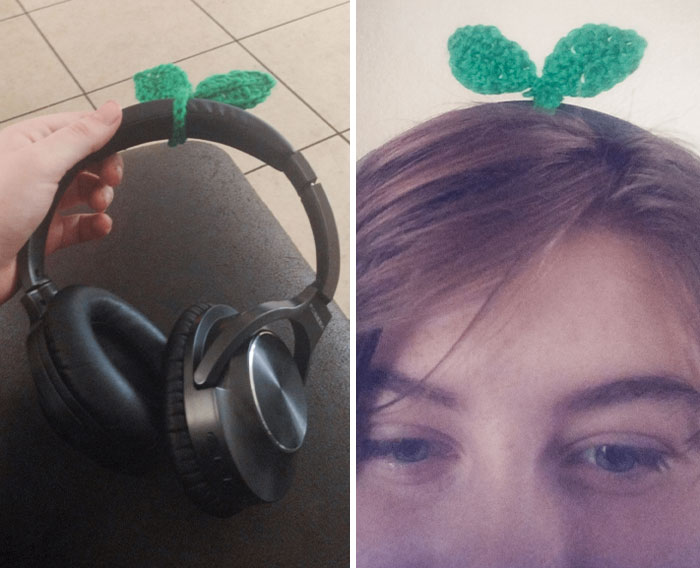And these priceless moments captured and shared on the internet are the eternal proof of that. Some may bring out chuckles, while others could be the heartwarming tear-jerker you didn’t know you needed today. These images are part of Bored Panda’s series of articles that show how endearing, funny, lovable, and awesome moms are. Scholar Sara Ruddick deemed these contributions reflections of “three central tasks” that provide the foundation of attentive love: to preserve children’s lives and well-being, foster children’s growth and development, and enable children to become acceptable contributors in society. Research from the University of Miami found that maternal sensitivity strongly influences language development in children with autism. The study defined maternal sensitivity as “a combination of warmth, responsiveness to the child’s needs, respect for his or her emerging independence, positive regard for the child, and maternal structuring.” “Parenting may matter even more for children with developmental problems such as autism because certain things that tend to develop easily in children with typical neurological development, like social communication, don’t come as naturally for kids with autism, so these skills need to be taught.” Further research revealed that the lack of maternal affection in males may cause a lack of attachment, which can lead to the inability to build deep, meaningful relationships with women. This individual may also develop trust issues because of the fear of abandonment. Experts interviewed for this study also mentioned other potential consequences, such as poor academic achievement, criminal behavior, and substance abuse when they grow older. Author Peg Streep wrote books such as Mean Mothers: Overcoming the Legacy of Hurt and published an article in Psychology Today. Based on her own experiences, she mentioned a lack of confidence, distrust, difficulty setting boundaries, and oversensitivity, among other possible outcomes of maternal parenting where affection is almost absent. “The unloved daughter doesn’t know that she is lovable or worthy of attention; she may have grown up feeling ignored or unheard or criticized at every turn. The voice in her head is that of her mother’s, telling her what she isn’t—smart, beautiful, kind, loving, worthy,” Streep wrote. According to research, maternal depression (a.k.a postpartum depression) could be one reason. Experts note its symptoms to be higher levels of irritability and low mood. And since the sufferer mostly exhibits negative behaviors, their child suffers in the process. While experts see no single cause for maternal depression, they attribute it to physical changes, emotional issues, and genetics. Family history plays a significant role and could increase the likelihood of depressive episodes. Judith Smith, a professor, researcher, and author of the book Difficult: Mothering Challenging Adult Children Through Conflict and Change, spoke with Fordham University’s Graduate School of Social Service and gave some tips for handling such a situation. First, she advises acknowledging the problem, which many mothers fail to do. “You have to allow yourself to recognize that you are uncomfortable with your adult child’s behavior. You have to let yourself ‘see,’” Smith said. Follow Bored Panda on Google News! Follow us on Flipboard.com/@boredpanda! Please use high-res photos without watermarks Ooops! Your image is too large, maximum file size is 8 MB.





































































































































































